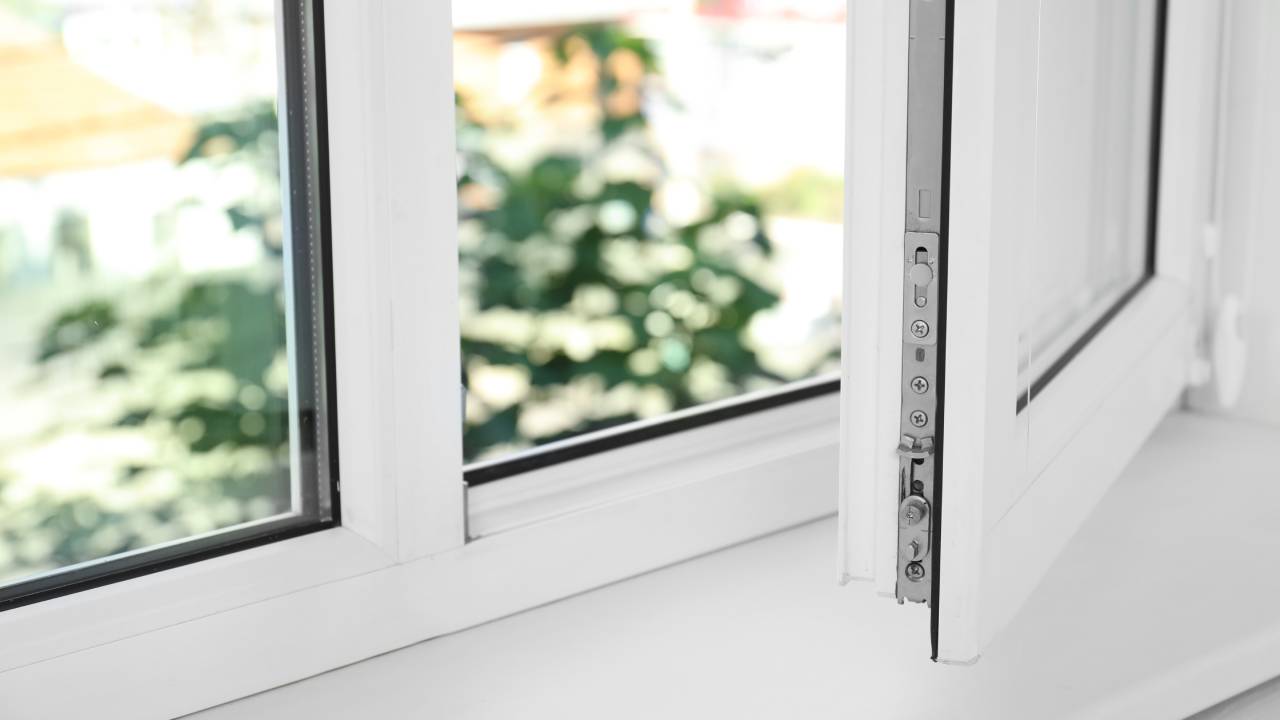Disclosure: FMB Home Picks is committed to delivering independent advice and reviews on home products and services. When you purchase through links on our site, we may earn an affiliate commission. Learn more Contact us.
Our experts have conducted comprehensive tests, thorough analysis and in-depth comparisons to write our window reviews.

With so many choices of window available, our team of experts have spent hundreds of hours testing and analysing the product range to establish the top-performing, most efficient models.
Our comprehensive window reviews consider 36 data points, and our final results are based on these.
These critical factors are categorised, and each score is calibrated based on their degree of significance. These categories are:
We believe the pivotal factors determining the quality of a window include:
Evaluating the energy efficiency of windows involves looking at several key elements:
Evaluating new windows’ durability and build quality starts with examining their materials. Windows crafted from high-quality, resilient materials, such as uPVC or aluminium, generally have a longer lifespan. Wooden frames, while having a traditional aesthetic appeal, require more maintenance but, if properly cared for, they can also be quite durable and last for decades.
We pay attention to craftsmanship, examining elements such as the neatness of the joints, the smoothness of moving parts, the quality of the seals, and the precision of the fitting.
The type of glass used also matters. Double or triple glazed windows with gas-filled gaps generally offer greater durability and insulation, but only if the panes are properly sealed to prevent leakage of the insulating gas and ingress of moisture.
Another factor to consider is the quality of hardware components, such as handles, locks, and hinges. High-quality hardware should operate smoothly and not show signs of wear quickly.
When assessing the cost of new windows, our experts have considered more than just the initial outlay. We think about the potential long-term energy savings and factor in that, although higher-quality windows may have a higher upfront cost, they can lead to significant savings on energy bills over time.
The installation cost is another key aspect, which varies based on the job’s complexity, the type of windows and the property’s location.
A warranty can ensure the window’s quality and protect the homeowner’s investment if any issues arise. It’s crucial to the length of the warranty, what it covers, and if it’s transferrable to future homeowners.
Window warranties often cover different parts of the window for varying periods. For example, the frame’s warranty may differ from that of the glass or the hardware.
Finally, we check the reputation of the company providing the warranty. A warranty is only as reliable as the company standing behind it. This is a good sign if they have a history of honouring their warranties promptly and without hassle.
Assessing a window manufacturer’s reputation is critical in any purchasing decision.
A company with longevity in the market typically indicates a certain level of stability and customer satisfaction. However, newer companies can also produce quality products, so we don’t rule them out entirely.
We check if the company has received any awards or recognition for their products, customer service, or business practices, indicating a respected and well-regarded company. Another good indicator is a company’s accreditations and if its products are certified by recognised industry organisations.
Customer reviews are instrumental in our window evaluations as they provide real-world insights into the product’s performance and the company’s customer service beyond what’s offered by the manufacturer’s claims.
Trustpilot is a valuable resource in this context. As one of the world’s most reputable review platforms, it hosts many user reviews for countless products and services. We read numerous positive and negative reviews, looking for trends, noting if multiple reviewers highlight the excellent customer service or, conversely, faulty hardware, for example.
We also pay attention to how the company responds to negative reviews, taking the time to address complaints and find solutions, as this demonstrates good customer service and a commitment to customer satisfaction.